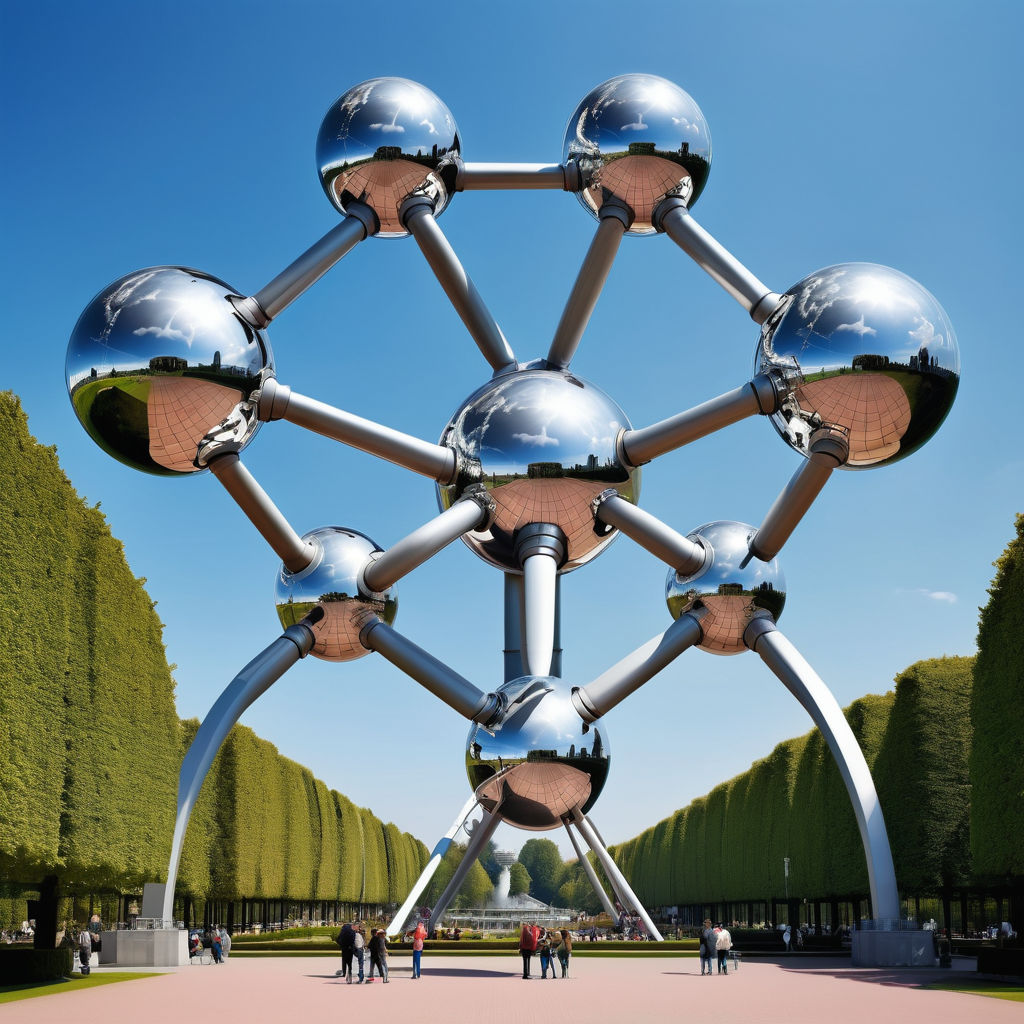Discover Belgium: A Cultural Crossroads in Western Europe
Exploring Belgium’s Rich Heritage, Social Interactions, and Cross-cultural Engagement

Introduction to Belgium
Belgium, officially known as the Kingdom of Belgium, is located in Western Europe. It shares borders with France to the southwest, Luxembourg to the southeast, Germany to the east, and the Netherlands to the north. Major cities include Brussels (the capital), Antwerp, Ghent, and Bruges. Belgium’s rich cultural heritage is a blend of Flemish, Walloon, and various European influences, reflecting its historical role as a crossroads of trade and culture in Europe. The country is renowned for its medieval towns, Renaissance architecture, and diverse cultural festivals.
Cross-national and Cross-cultural Understanding
Belgians generally engage with other cultures with openness, curiosity, and respect. The country’s history as a center of commerce and its location at the heart of Europe have fostered a deep appreciation for cultural diversity and international interaction. Belgium actively promotes cross-cultural understanding through various initiatives and programs. Significant cultural exchanges and educational programs highlight Belgium’s commitment to fostering global engagement. Institutions such as the Royal Academy of Belgium and the University of Leuven promote Belgian culture internationally through events, exhibitions, and language courses. Additionally, the government supports scholarships and exchange programs, such as the Erasmus+ program, which facilitates academic and cultural exchanges, fostering mutual understanding. International partnerships also enhance cross-cultural understanding. Belgium is an active member of international organizations such as the United Nations, the European Union, and NATO, promoting cultural cooperation and exchange. These partnerships facilitate student exchanges, collaborative research projects, and cultural festivals, strengthening Belgium’s cultural ties with the world.
Interactions and Social Dynamics
Interactions between Belgians and foreigners are typically characterized by politeness, friendliness, and a strong sense of community. Belgian social behaviors are influenced by cultural values such as "respect," "hospitality," and "solidarity." These values are often reflected in the way Belgians engage with outsiders. Social behaviors in Belgium emphasize respect and politeness in initial interactions, quickly becoming more informal and warm. Greetings often involve a handshake, and among close acquaintances, a kiss on the cheek. Hospitality is a significant aspect of Belgian culture, and guests are often treated with great care and generosity, frequently invited to share meals and participate in social gatherings. Communication styles in Belgium are generally direct yet polite. Belgians value honesty and clarity in communication, often engaging in open and respectful discussions. Non-verbal communication, such as hand gestures and facial expressions, plays a significant role in interactions, adding to the overall expressiveness of conversations. Language plays a crucial role in facilitating interactions. Belgium has three official languages: Dutch, French, and German. Dutch is primarily spoken in the Flanders region, French in the Wallonia region, and German in the eastern part of the country. English is widely spoken, especially in business and tourism, and multilingualism is valued and encouraged, especially in educational and professional settings.
Views on Dating and Relationships
Dating and relationships between Belgians and foreigners are becoming more common, particularly among younger generations and in urban areas. Belgian society tends to be liberal about relationships, with a strong emphasis on individual choice and mutual respect. There is a growing openness towards cross-cultural relationships as opportunities for international exposure increase. In Belgian dating culture, there is often a strong emphasis on equality and mutual respect. Relationships are typically pursued with a long-term perspective, and traditional gender roles are less pronounced compared to some other cultures. Men and women are expected to be equal partners, sharing responsibilities and decision-making. Cultural expectations and traditions, such as the importance of family approval and adherence to certain social norms, can impact relationships. Understanding and respecting these cultural norms is essential for successful cross-cultural relationships in Belgium.
Marriage and Family
Marrying foreigners is accepted in Belgium, though it comes with certain social and familial considerations. Legal considerations for such marriages involve specific regulations governed by Belgian civil law. There is no pressure for non-Catholic spouses to convert to Catholicism, reflecting the country’s secular and inclusive approach to marriage. Socially, Belgian families are generally open to cross-cultural marriages, although there may be initial reservations about cultural differences and social compatibility. However, acceptance typically increases as relationships develop and families get to know the foreign partner. Family plays a central role in Belgian culture, and marrying into a Belgian family often involves participating in family gatherings and traditions. Common practices in cross-cultural marriages include celebrating both Belgian and foreign traditions, creating a blended cultural environment. For example, a couple might celebrate Belgian holidays like King’s Day and National Day alongside holidays from the foreign partner’s culture.